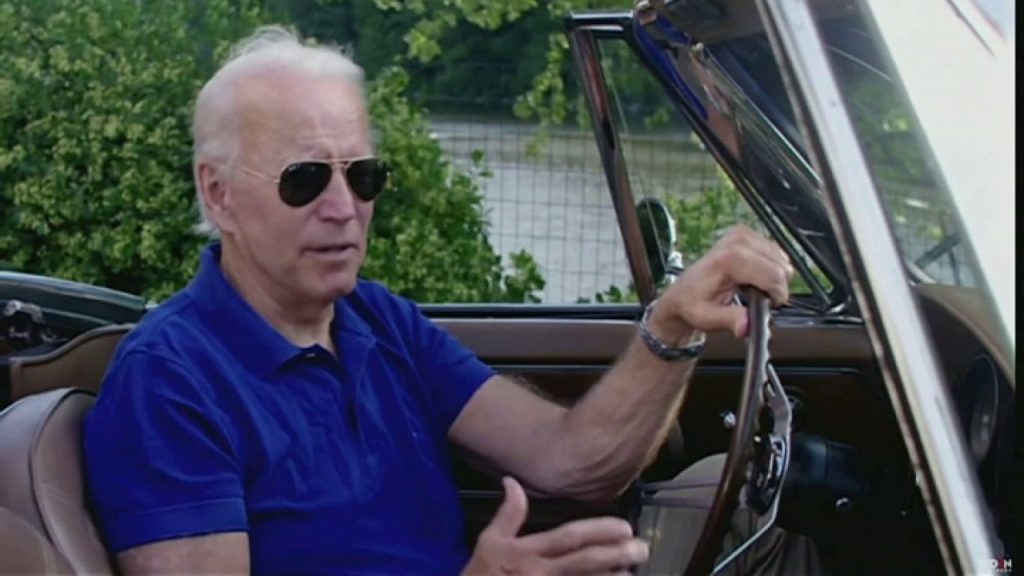President Biden recently made comments suggesting that Americans can “buy any kind of car they want,” but industry experts are concerned about new emissions standards his administration is implementing that may limit consumer choice. The Environmental Protection Agency (EPA) regulations are seen by some as a de facto ban on most new gas cars by 2032, with projections showing a significant decrease in sales of internal combustion engine vehicles over the next decade. The goal of these regulations is to push drivers towards electric vehicles by limiting their other options.
Some trade associations, such as the American Fuel & Petrochemical Manufacturers and the American Petroleum Institute, believe that the new regulations could effectively eliminate most new gas-powered vehicles in the future. Senator Roger Marshall launched an effort to challenge these restrictions using the Congressional Review Act, which allows Congress to invalidate new agency rules. Marshall and other Republicans are critical of what they see as unrealistic goals for an all-electric transportation system that could harm American jobs and auto manufacturing.
Senator Dan Sullivan is also critical of the administration’s focus on electric vehicles, suggesting that far-left extremists are pushing for the elimination of combustion engines. He argues that the United States should focus on accessing rare earth minerals domestically to support the production of EV batteries rather than importing them. While Biden’s EPA standards do not outright ban internal combustion engines, they are perceived as limiting consumer choice by automobile and fossil fuel trade organizations.
In response to concerns about consumer choice, General Motors stated that they are continuing to expand their electric vehicle fleet while still offering gas-powered options for customers. The company is monitoring the impact of the new regulations on their products and is awaiting final rules from the Department of Transportation on CAFE regulation. The EPA defended its new standards, stating that they actually expand consumer choice and will result in cost savings for drivers in terms of reduced fuel and maintenance costs.
The White House also defended the new regulations, claiming that they are investing in a future made in America by American workers and positioning the United States to lead the clean energy future. They credited the Inflation Reduction Act with making electric cars more affordable and noted an increase in American drivers purchasing EV cars. However, several congressional Democrats who publicly supported the new regulations did not provide comments on the president’s recent remarks, indicating a lack of response or opposition within the party to criticisms of the new emissions standards.


